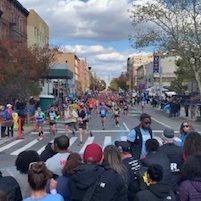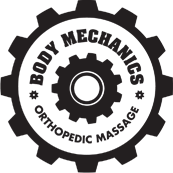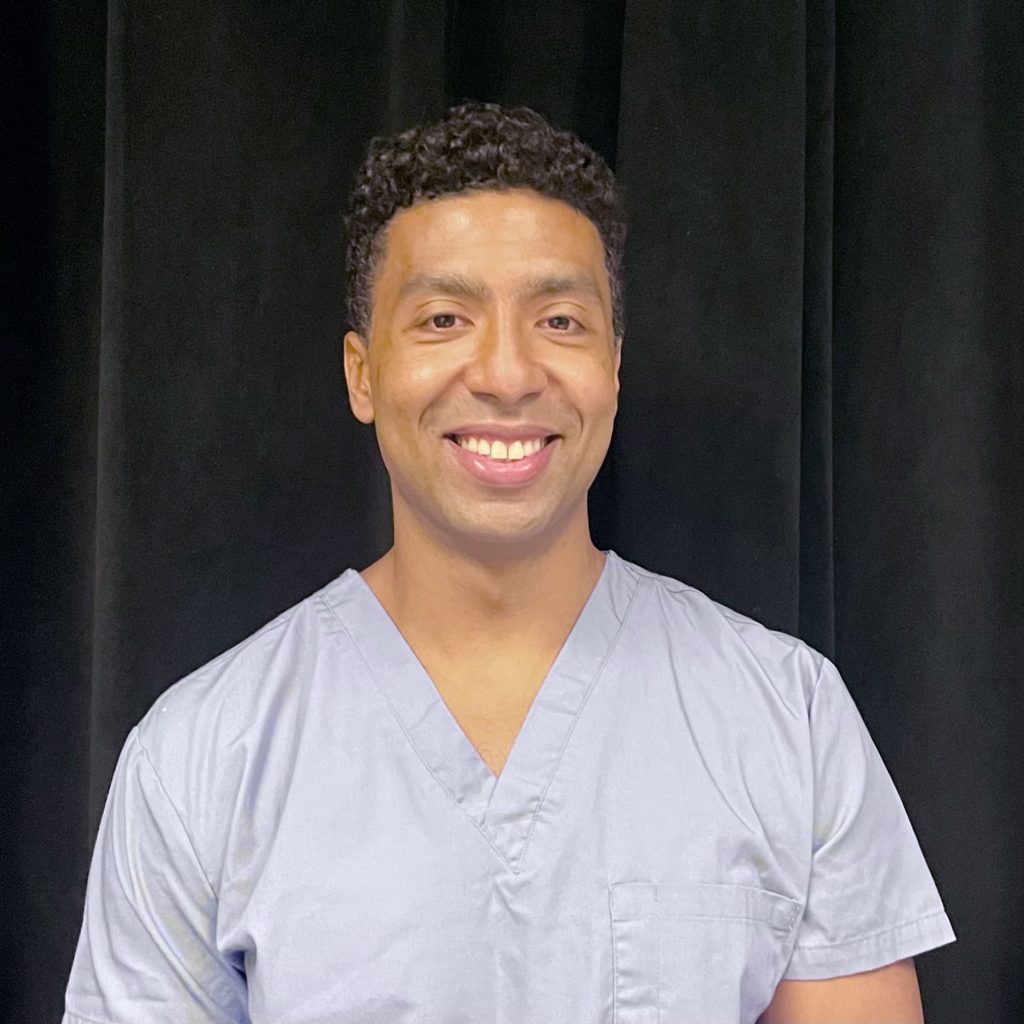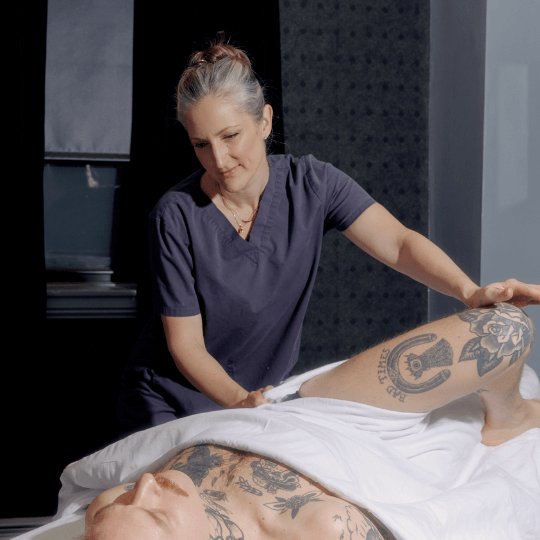Why Inuries occur at events like the NYC Marathon

In the coming weeks the Marathon will be upon us and many hundreds of thousands of people are training for it as I type. This is always an exciting time, but today even more so since the NY Marathon was sadly cancelled in 2020 due to the pandemic. If there is a bright side to that, it’s that many of the participants had an entire year to train for this year’s event. Hopefully that will mean we see less injuries, more record times, more participants and more new runners.
There is no way through this beast of an event other than training hard, consistently and, most importantly, training smart. I hate to say it but there is always the possibility of a runner getting injured due to overtraining, under training, inadequate nutrition, lack of information or being new to running. With these things in mind, we can make informed decisions in our workouts to minimize our chances of getting injured while accomplishing our ultimate goals. Whether that goal is finishing number one or finishing at all, we can get there without hurting ourselves. Below I will list 3 possible injuries that a runner might experience during training or the marathon. These injuries are usually caused by repetitive use.
Common running injuries
- Runner’s Knee (patellofemoral syndrome) – This injury is self explanatory. This is an injury to the knee mainly caused by over-usage. A runner may experience pain on the kneecap or around the knee.
- IT Band Syndrome (iliotibial band syndrome) – The IT band is a fascial sheath that runs down the lateral aspect of your thigh that tends to pull in different directions by hypertonic or tight muscles that are connected to it, such as your lateral hamstring and/ or your lateral quadriceps and/ or your TFL (tensor fascia latae). A runner may experience hip or knee pain due to a repeated rubbing or friction to the IT band to the bone, especially around the later aspect of your knee. The pain becomes more pronounced when you bend the knee.
- Achilles Tendinitis – Your Achilles tendon is what connects your calf muscle to your heel. We wouldn’t be able to walk without it, let alone run. There are many reasons why a runner may develop Achilles tendinitis but a common one is super tight calves and/ or weak calves that puts stress on the Achilles leading to inflammation of the tendon – hence the name! This can make it very painful to walk, especially if the tendon isn’t warmed up. Athletes who suffer from this injury will notice, upon taking the first few steps after being stationary for a period of time, that it will be extremely painful at first then the pain subsides.
Now I’m going to list prevention strategies a runner should consider before training and before the marathon.
Preventing injury while running
- A proper warm up – There is nothing more valuable than a proper warm up. It’s one of the tenets of injury prevention across the board. Making sure that you get a proper full body warm up will get your body and mind ready for the activity.
- Increasing your running volume slowly – This is very important if you want to increase your fitness level properly and safely without hitting a wall. Many inexperienced athletes will try to bite more than they can chew and end up either getting injured or becoming discouraged because they couldn’t handle the load. So, make sure you increase your volume slowly and methodically in order for you to develop your strength and endurance the right way.
- Cross training – Many athletes are so dedicated to their craft that they won’t deviate from their primary sport. However, cross training can be very beneficial for improving your overall athleticism for your primary sport. For instance, consider weight lifting for running. Light weight training can strengthen the core, hips, balance and coordination: all things that a runner needs. An amazing tool for injury prevention.
The NYC Marathon is a big deal and historical event, but participating doesn’t mean you need to completely sacrifice your body. Take the precautions I’ve laid out here and find a healing Sports Massage to minimize your chances of a major injury. Good luck!
ankle massage athletes back pain Body Mechanics Body Mechanics Orthopedic Massage consent Covid covid-19 fascia work health care healthcare home care intra-oral massage manual therapy massage massage insurance massage NYC massage nyc. running injuries Massage therapist Massage therapy medical massage Myofascia new york nyc orthopedics pain pain low back pain pain science posture pregnancy pregnancy loss prenatal care prenatal massage Preventative Care running science based small buisness Sports massage stress stretches tendinitis therapist profile tmd tmj training
- May 2025
- April 2025
- March 2025
- February 2025
- January 2025
- December 2024
- November 2024
- October 2024
- September 2024
- August 2024
- July 2024
- June 2024
- April 2024
- March 2024
- February 2024
- January 2024
- November 2023
- October 2023
- September 2023
- July 2023
- April 2023
- March 2023
- January 2023
- October 2022
- June 2022
- May 2022
- March 2022
- February 2022
- January 2022
- December 2021
- November 2021
- October 2021
- September 2021
- August 2021
- July 2021
- June 2021
- May 2021
- April 2021
- March 2021
- February 2021
- January 2021
- December 2020
- November 2020
- October 2020
- September 2020
- August 2020
- June 2020
- March 2020
- February 2020
- January 2020
- November 2019
- October 2019
- September 2019
- August 2019
- June 2019
- May 2019
- April 2019
- March 2019
- October 2018
- September 2018
- June 2016
- April 2016
- February 2016
- January 2016
- September 2015
- August 2015
- July 2015
- May 2015
- April 2015
- March 2015
- January 2015
- August 2014
- July 2014
- June 2014
- April 2014
- March 2014
- February 2014
- January 2014
- December 2013
- November 2013
- September 2013
- August 2013
- anxiety
- Back Pain
- Body Mechanics
- Body Mechanics Blog
- Bursitis
- business
- Carpal Tunnel
- ceu's
- Continuing Education Credit
- COVID
- Cupping
- deep tissue
- dyi
- Foot Pain
- General
- healthcare
- insurance
- lymphatic massage
- Massage Education
- massage NYC
- massage therapy
- NYC Marathon
- Orthopedic Massage
- pain management
- pain managment
- pain science
- Plantar Fasciitis
- Plantars Fascitis
- Prenatal Massage
- preventative care
- relaxation
- rub
- Runners Massage
- running
- sleep
- Sports Massage
- stress
- Stretches
- subacute
- swedish massage
- tendons
- Therapist Profile
- TMJ Massage
- Training
- treatment techniques
- Uncategorized
- World Health Day


